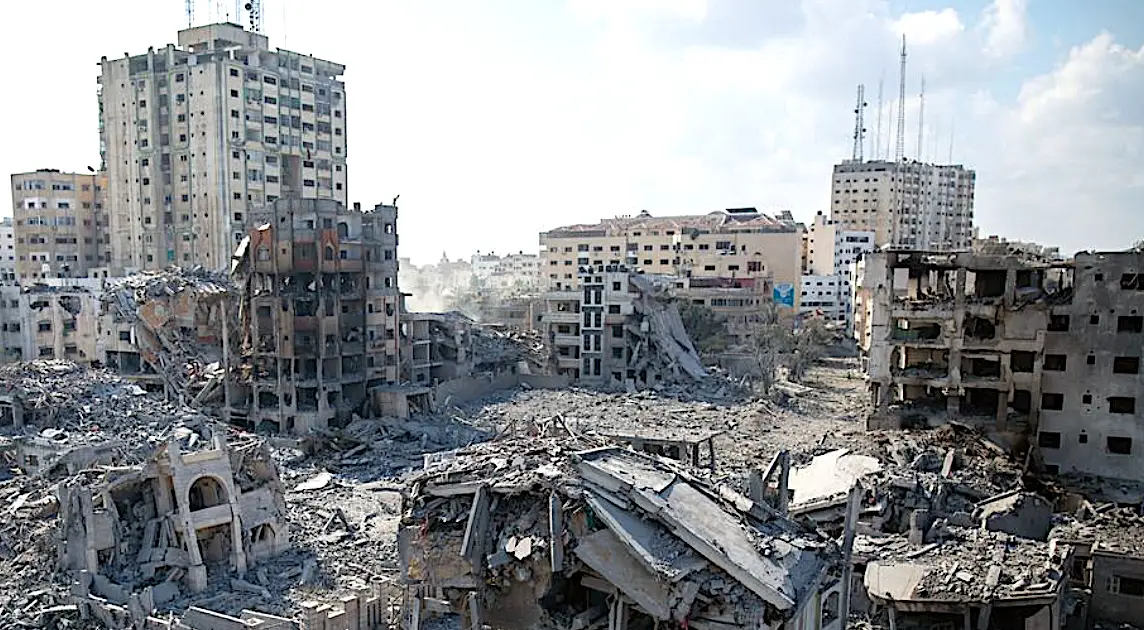By Joseph Matthews
Even here in Connecticut, the news has been filled with horrific scenes of the shoreline fire in New Jersey. That, coupled with news of the house explosion in Connecticut, is a painful reminder of my own experience. For those who lost so much in the New Jersey fire, I hope that my recovery can give you some hope. And for everyone else, perhaps this tragedy will help others realize that preparing for the unexpected is a critical part of life.
On the evening of Easter a year ago, my family”™s lives changed forever. We woke in the middle of the night to discover our home was engulfed in flames. Thankfully, my family escaped with only one minor injury. We thought we had planned well for unforeseen catastrophe, but we could have done much better.
After someone suffers through a traumatic event, the first order of business after the assurance of safety is to normalize one”™s life. In many ways, this can be as traumatic as the actual event itself. Because we have a tendency to take for granted all of the things critical to our day-to-day well-being, we leave ourselves exposed to the difficult task of putting the pieces to our lives back together after a disaster. By investing a moderate amount of time, we can make a bad situation easier.
The enormity of the loss became apparent almost immediately and only increased with time. One of the first questions asked by the Red Cross volunteer onsite during the fire concerned prescription drugs taken by family members. Fortunately, my wife and I were capable of answering this and several other critically important questions. It was at this moment I realized we should have created a collection of important data and stored it in a safe, easily accessible location.
With most of us affected directly or indirectly by the storms almost exactly one year ago, we certainly understand the need to be better prepared. The Federal Emergency Management Agency website (fema.gov) lists several precautions. But as the old saying goes, it”™s the things you don”™t anticipate that get you.
Shortly after the fire, my wife and I spent the better part of a day shuffling between town hall and the state Motor Vehicle Department, trying to get our drivers licenses replaced. If only I had remembered where we kept our birth certificates, we could have avoided waiting in multiple lines for hours.
The memory sticks we used to diligently back up our computers were stored in a drawer of a desk destroyed in the fire. The usernames and passwords to all of our online accounts were on these now destroyed devices. For accounts we couldn”™t remember how to access, we were required to go through the laborious process of resetting logon information, one account at a time. As you can imagine, there were even accounts we didn”™t recall until a second billing notification arrived. It would have been nice if a list of all of this data were safely stored in my work office.
Two simple strategies can greatly improve how we cope with misfortune. The first is to implement a data aggregation system. This can be done electronically by scanning important documents and storing them via cloud computing, using one of several Internet services. Another method is to use a financial services company”™s electronic data access tool. Investment firms, trust companies and banks often provide clients the ability to view the accounts held at those institutions as well as thousands of others ”” all with a single set of login information.
The more traditional methods of saving data include the use of memory sticks or storing hard copies of documents. It is critical that these items are stored safely, leading to the second key strategy. Get a fireproof storage box or safe. If this isn”™t practical, rent a bank safety deposit box. Either will allow you to keep documents and valuables safe and easily accessible.
Today, my house is rebuilt. My family is safe and all of us have a renewed appreciation of the comforts that we so often take for granted, until they are missing. While many family photos and memorabilia are gone forever, we are slowly collecting pictures from relatives and creating new memories to cherish in future.
As you can imagine ”” or now know firsthand ”” living through a catastrophic event can have a host of consequences. Through proper preparation, we can increase our ability to cope and more quickly normalize our lives.
Joseph Matthews is branch manager, first vice president, financial adviser and senior investment management consultant with the Global Wealth Management Division of Morgan Stanley Wealth Management, Fairfield; (203) 319-5165 or Joseph.Matthews@morganstanley.com.
















